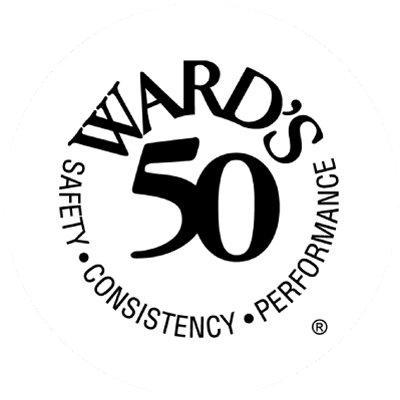Labor Day weekend is one of the deadliest times of the year in terms of impaired-driving fatalities, according to the U.S. Department of Transportation’s National Highway Traffic Safety Administration (NHTSA).
The administration’s sober-driving initiative, Drive Sober or Get Pulled Over, running from August 14 through September 2, 2019, spotlights how impaired driving affects all of us.
According to NHTSA:
- During the 2017 Labor Day holiday period, 36% of fatalities in traffic crashes involved a drunk driver.
- In 2017, one person was killed every 48 minutes by a drunk driver on America’s roads.
- Every state has passed a law making it illegal to drive with a BAC (blood alcohol concentration) of .08 or higher.
- Drivers with a BAC of .08 are approximately 4 times more likely to crash than drivers with a BAC of zero. At a BAC of .15, drivers are at least 12 times more likely to crash than drivers with a BAC of zero.
- Among drivers between the ages of 18 and 34 who were killed in crashes over the Labor Day holiday period in 2017, 42% of those drivers were drunk, with BACs of .08 or higher.
- Driving can be impaired by alcohol and prescription or street drugs, but cold medication or over-the-counter sleep aids can also impair driving. In addition, certain medications may not impair you on their own, but if taken with a second medication or with alcohol, they may cause impairment. Any form of impaired driving is illegal.
- A driver can be arrested with a BAC below .08 when a law enforcement officer has probable cause, based on the driver’s behavior.
- A person’s failure to recognize alcohol impairment is often a symptom of impairment. A person will likely be too impaired to drive before looking – or even feeling – “drunk.”
The effects of an arrest for drunk/drugged or impaired driving:
- On average, a DUI costs about $10,000 in attorney’s fees, fines, court costs, lost time at work, higher insurance rates, car towing, and more.
- Impaired driving could cause you to lose your driver’s license and your vehicle, which could prevent you from getting to work, resulting in lost wages and, potentially, job loss.
- In all states, a first-offense driving impairment is classified as a misdemeanor, and punishable by up to six months in jail. That jail time may be increased under certain circumstances.
- In some instances, an impairment may be classified as a felony, either because the driver killed or injured someone or because it’s the driver’s third or fourth impairment arrest, and jail sentences of several years are not uncommon.
Be smart and plan ahead!
- Make plans with a designated driver or use a taxi, ride-sharing service or public transportation.
- Never ride with an impaired driver.
- Have a friend who is about to drive while impaired? Take the keys away and arrange to get them home safely.


